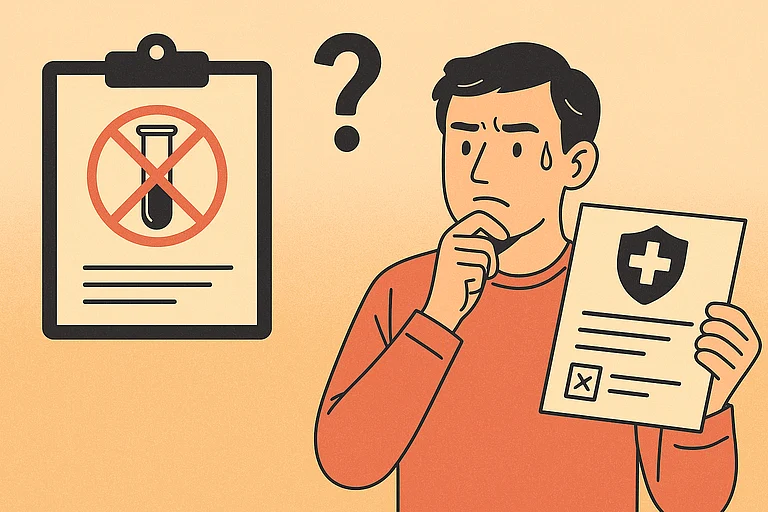For a long time, there has been a growing discontent over how patients having health insurance policies are typically charged more in hospitals at the time of billing. This has often led to disputes and back-and-forth communication over inflated costs between the policyholder, the insurance company and the hospital. The issue has now come under the notice of the concerned regulatory bodies who are currently in talk with the government to work up a solution.
GIC, Irdai In Talks With Centre As Push Grows for Independent Healthcare Regulator
Two persistent issues are driving this push: pricing discrimination by hospitals and fraud. Hospitals charging insured patients more than uninsured ones is not a rare occurrence. It has been flagged before, including in a report by the National Health Authority under the Ayushman Bharat scheme
The General Insurance Council (GIC), the Insurance Regulatory and Development Authority of India (Irdai), and Centre are reportedly planning to chalk out a proposal to set up an independent healthcare regulator.
Ramaswamy Narayanan, chairman and managing director of General Insurance Corporation of India has said that discussions are in motion. The idea is to create a watchdog for healthcare on the lines of Irdai for insurance, Security Exchange Board of India (Sebi) for markets, or the Reserve Bank of India (RBI) for banking.
Apparently, two persistent issues are driving this push: pricing discrimination by hospitals and fraud. According to Narayanan, insured patients often face inflated costs simply because they have a policy, according to a report by the MoneyControl. “Walk into a hospital and the first question is, do you have insurance? If yes, everything changes: the attitude, and most notably, the bill,” he said.
Hospitals charging insured patients more than uninsured ones is not a rare occurrence. It has been flagged before, including in a report by the National Health Authority under the Ayushman Bharat Yojana. That report found private hospitals billing two to three times more for insured patients, even for identical treatments.
This is a practice that has ripple effects. Insurers are forced to settle higher claims, which in turn pushes up premiums for all policyholders, while in some cases they only partially settle the claims citing inflated billing. “We have tried to cap premium increases, but the underlying issue, differential pricing, remains untouched,” Narayanan said.
Data also supports this. A report by Aon, a professional services firm, titled ‘2025 Global Medical Trend Rates’ showed a 30 per cent jump in health insurance claims in India over the past three years, primarily due to inflated billing for insured individuals.
Meanwhile, the cost of healthcare continues to rise at a pace that outstrips most household budgets. The ACKO Health Insurance Index pegged medical inflation at 14 per cent which is more than twice the general retail inflation rate. For many families, this means medical bills that are not just stressful but also debt-inducing.
While insurers have long been vocal about this problem, the broader system has remained largely unregulated on the pricing front. An independent regulator, insurers say could help bring in some much-needed transparency and checks, especially around hospital billing practices.
The proposal is, however, still in its early stages.


